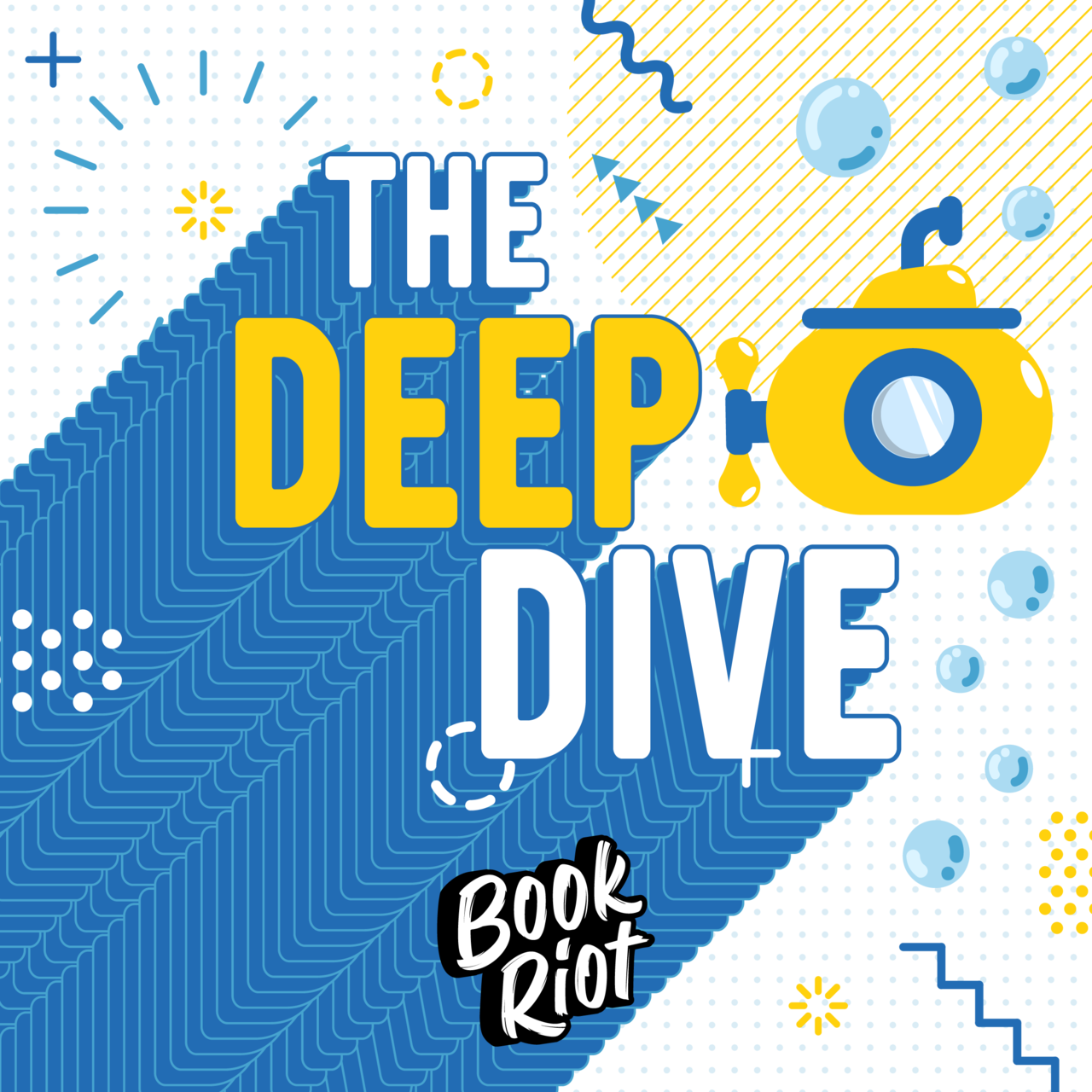
The Deep Dive
A literary publication that informs and inspires readers, featuring fascinating stories, useful advice, and more from the largest independent editorial book site in North America.
By registering you agree to Substack's Terms of Service, our Privacy Policy, and our Information Collection Notice